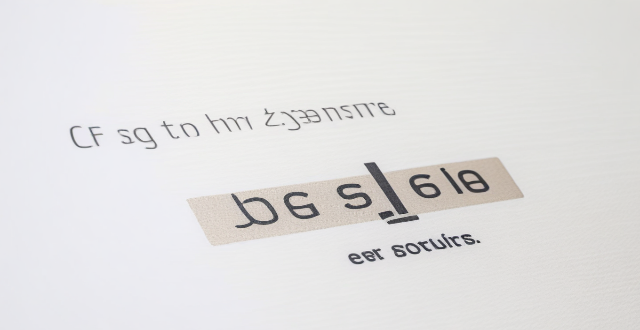Paying off a mortgage early can save homeowners significant interest, but it's crucial to understand potential prepayment penalties. Mortgages often include clauses that either allow for penalty-free prepayments or impose fees for early payoffs. Homeowners should review their loan agreements, contact lenders for clarification, and assess the financial implications before deciding to pay off their mortgage early. Alternative strategies like refinancing or making smaller extra payments within allowed limits can also be considered to avoid penalties and achieve financial goals.

Can I Pay Off My Mortgage Early Without Penalty?
Paying off a mortgage early can be a smart financial move for many homeowners. However, it's important to understand the terms of your loan and any potential penalties associated with prepayment. Here's what you need to know:
Understanding Prepayment Clauses
Mortgages often include prepayment clauses that outline the conditions under which you can make additional payments toward the principal balance of your loan. These clauses typically fall into one of two categories:
1. No Prepayment Penalty: Some loans allow you to pay off your mortgage at any time without incurring any penalty fees. This is ideal for homeowners who want the flexibility to reduce their debt as soon as possible.
2. Prepayment Penalties: Other loans may include a prepayment penalty, which is a fee charged by the lender if you pay off your mortgage ahead of schedule. The purpose of this penalty is to compensate the lender for lost interest income.
Steps to Determine If You Can Pay Off Early
1. Review Your Loan Agreement
- Read the Fine Print: Carefully read through your mortgage agreement to find the section on prepayments. Look for language regarding prepayment penalties or restrictions on making extra payments.
- Understand the Terms: Make sure you fully understand the terms and conditions related to prepayments. If anything is unclear, consult with a financial advisor or attorney.
2. Contact Your Lender
- Ask Questions: If the information in your loan agreement is not clear, reach out to your lender directly. Ask them about any prepayment penalties and how they are calculated.
- Request a Payoff Quote: Even if there are no penalties, request a payoff quote to ensure that you know exactly how much you owe, including any fees or costs associated with paying off the loan early.
3. Assess Potential Savings vs. Penalties
- Calculate Savings: Use a mortgage calculator to determine how much interest you could save by paying off your mortgage early.
- Compare Costs: Weigh the potential savings against any prepayment penalties to decide if paying off early makes financial sense for you.
4. Consider Alternative Strategies
- Refinancing: If your current loan has a high prepayment penalty, consider refinancing into a new loan with more favorable terms.
- Extra Payments: If prepayment penalties apply only to certain amounts or within specific time frames, consider making smaller extra payments that fall within the allowed range.
Conclusion
Paying off your mortgage early can provide significant financial benefits, but it's essential to navigate the process carefully to avoid unnecessary penalties. By understanding your loan agreement, communicating with your lender, and evaluating all available options, you can make an informed decision that aligns with your long-term financial goals.